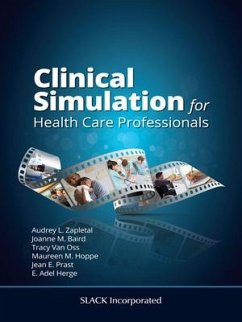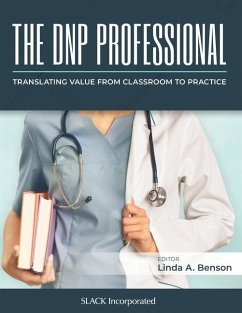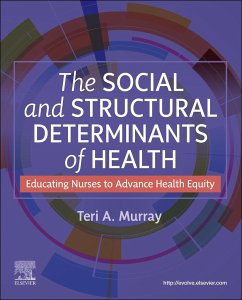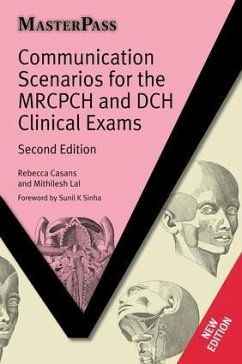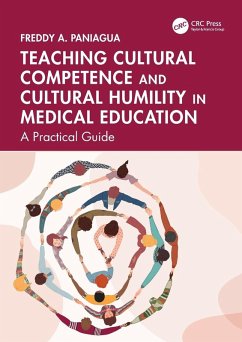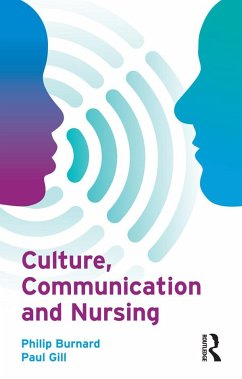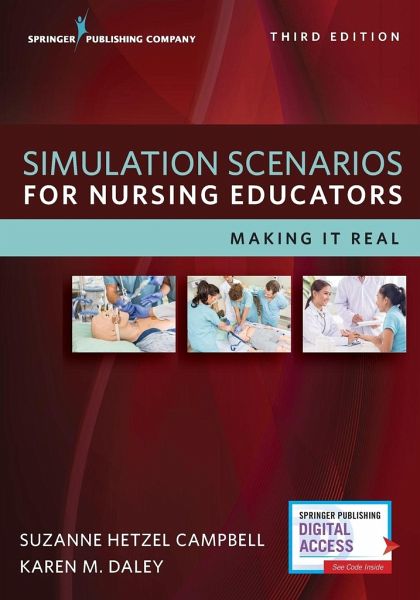
Simulation Scenarios for Nursing Educators
Making it Real
Herausgeber: Campbell, Suzanne Hetzel APRN-C-IB; Daley, Karen RN

PAYBACK Punkte
58 °P sammeln!
When employed as a substitute for real clinical time, simulation scenarios have proven effective in bridging the gap between theory and practice. Written by educators for educators, this book provides all the knowledge, skills, and tools needed to make simulation feasible, enjoyable, and meaningful for students.
Dieser Artikel kann nur an eine deutsche Lieferadresse ausgeliefert werden.





